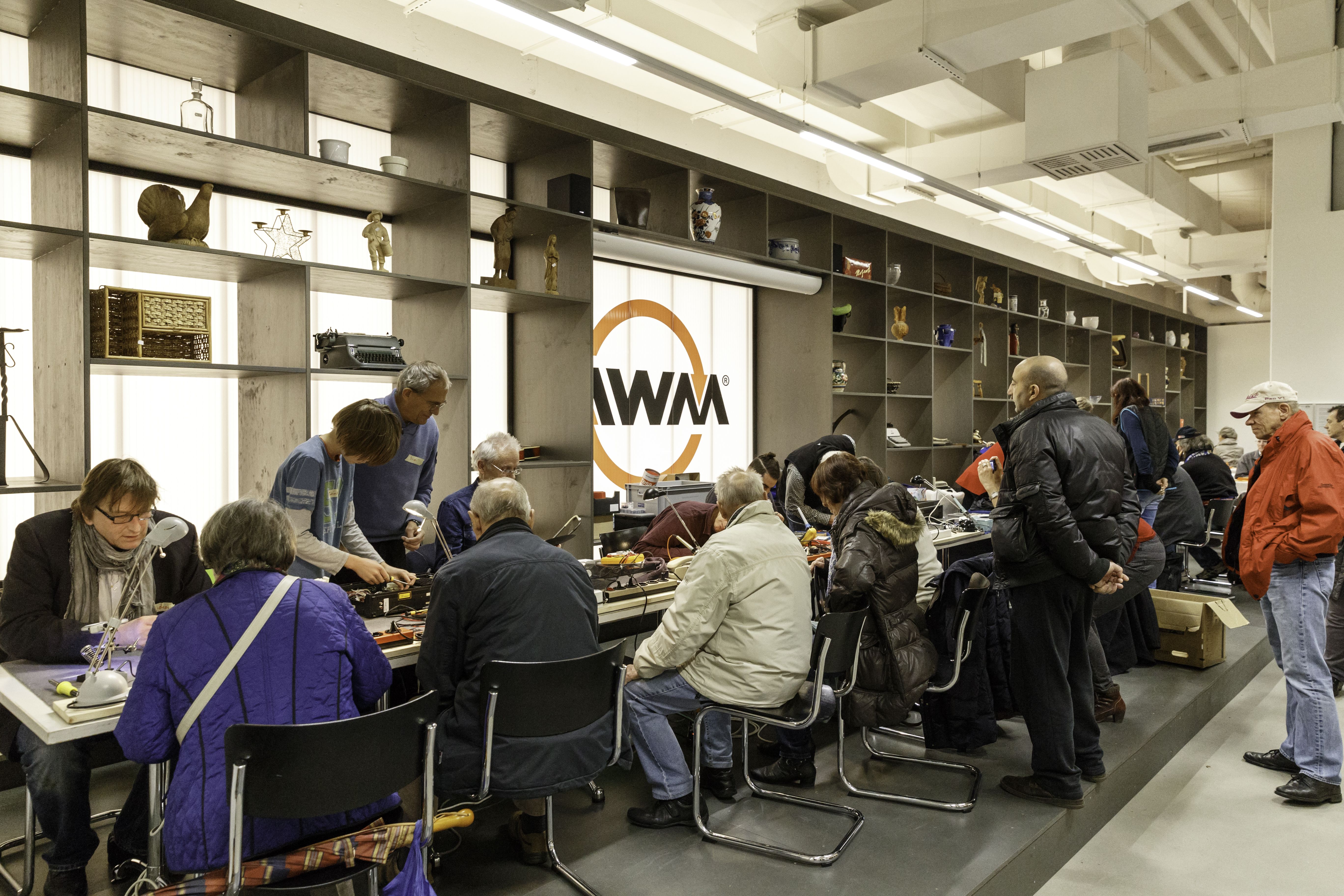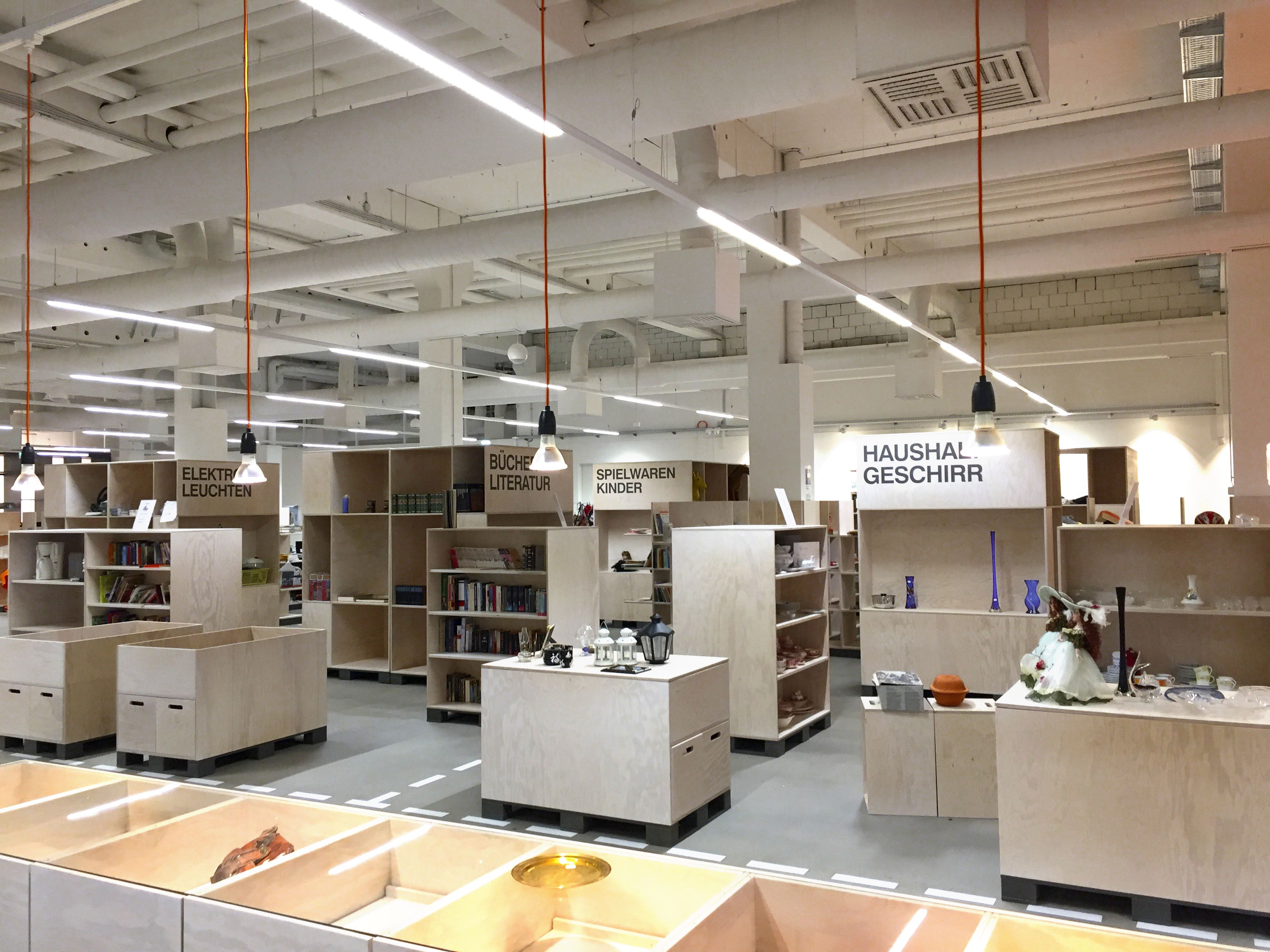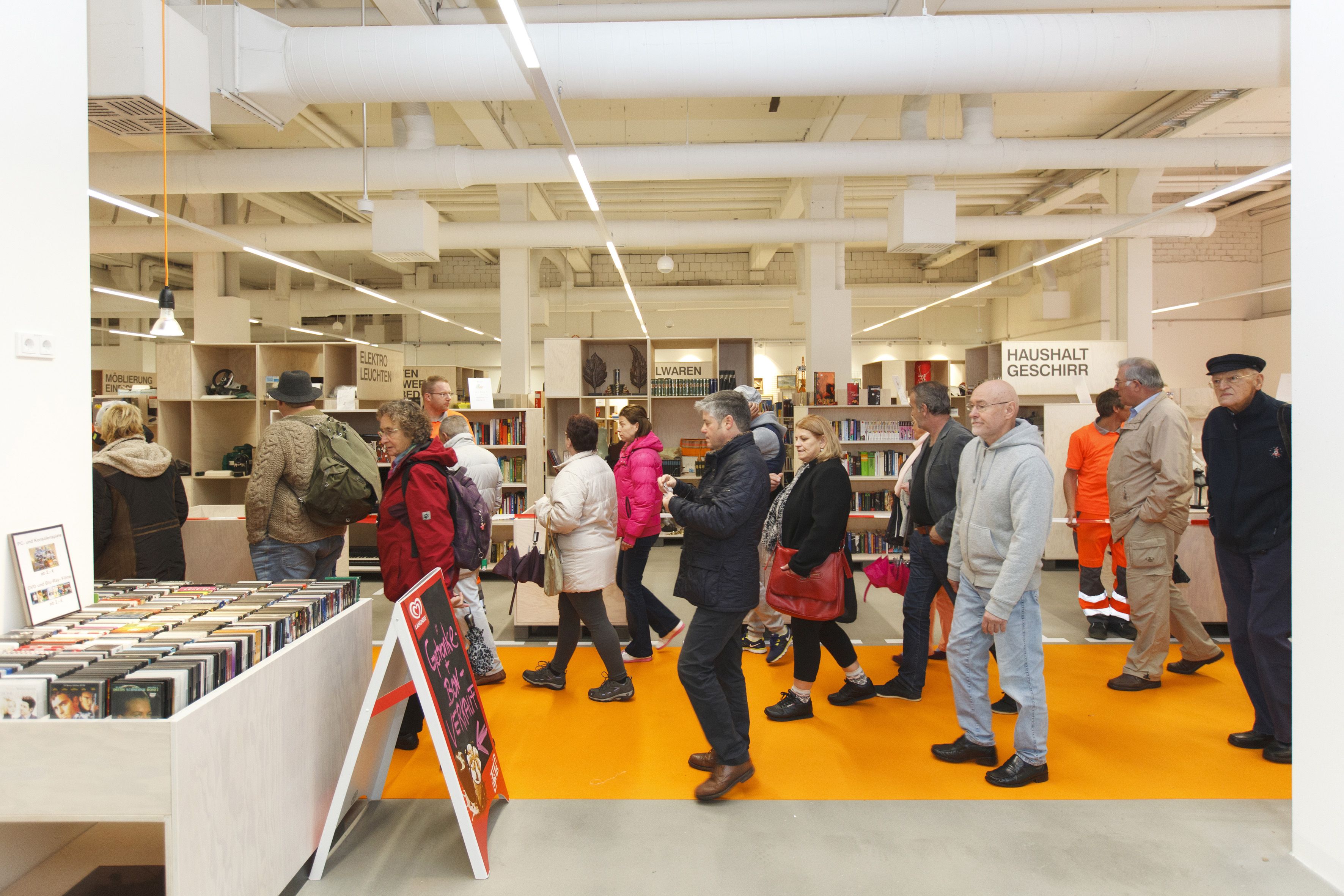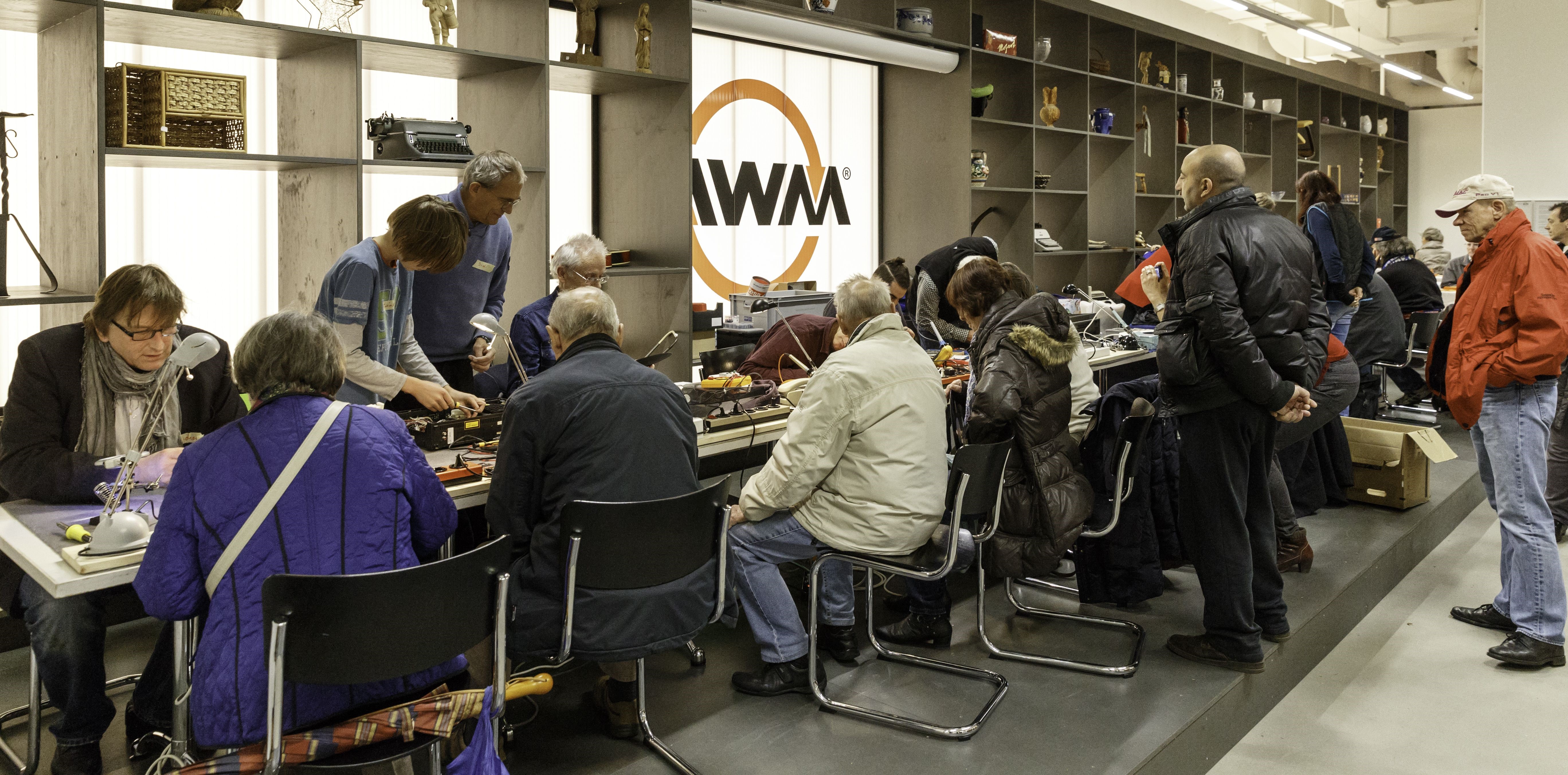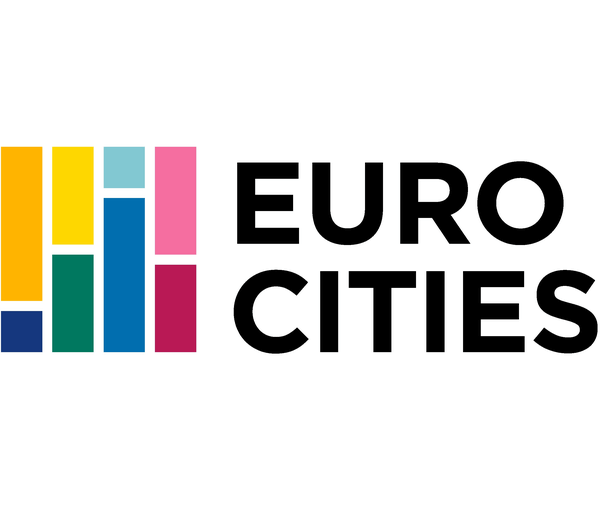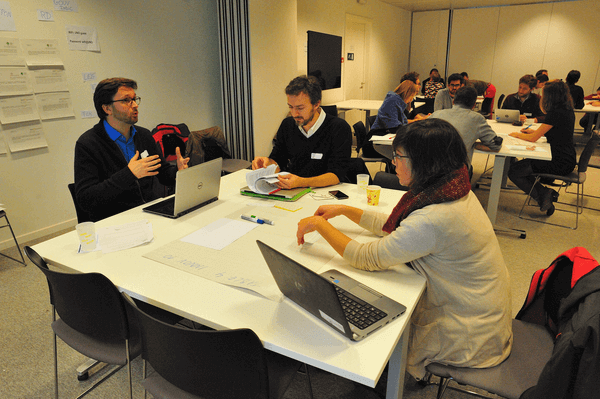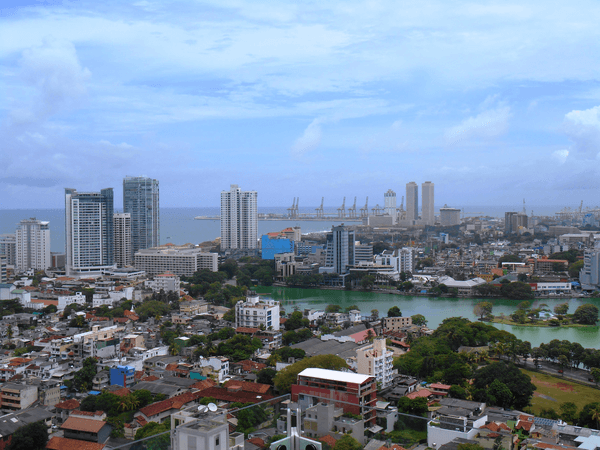Status
ongoing
50%
City
Munich
Main actors
City Government, Community / Citizen Group
Project area
Whole City/Administrative Region
Duration
Ongoing since 2017
The city of Munich has taken its ambitious waste reduction strategy to the next level by developing an innovative reuse lab and shop concept.
What do you do with your used products? Have you heard of upscaling or repair cafés? The city of Munich, using a circular economy approach, works with citizens to support sustainable lifestyles and offers ways to be more environmentally and resource friendly in daily life. It enables citizens to take responsibility for living more sustainably and provides employment opportunities and educational and voluntary activities.
The Halle 2 second hand store stocks affordable used products that are collected at the 12 Munich recycling centres, Halle 2 extends the lifespan of useful everyday items such as electronic bicycles, devices, furniture, textiles and toys.
Halle 2 has become a hub for stakeholders of the city's sharing and circular economies. Here they can test new services, exchange knowledge, inspire citizens and try out new ideas to improve the processes involved in collecting, evaluating and selling used goods.
Halle 2 has been developed using a collaborative methodology, reaching out to the city's social organisations and changing the way people feel about buying second-hand with a store that's light, bright and well presented.
Originally published by EUROCITIES, the network of 130 European cities - PDF: http://nws.eurocities.eu/MediaShell/media/cooperation_Munich.pdf
Eurocities Awards
This project was awarded the 'Eurocities Awards' in 2017 in the following category: Cooperation.
External links / documents
On Map
The Map will be displayed after accepting cookie policy
